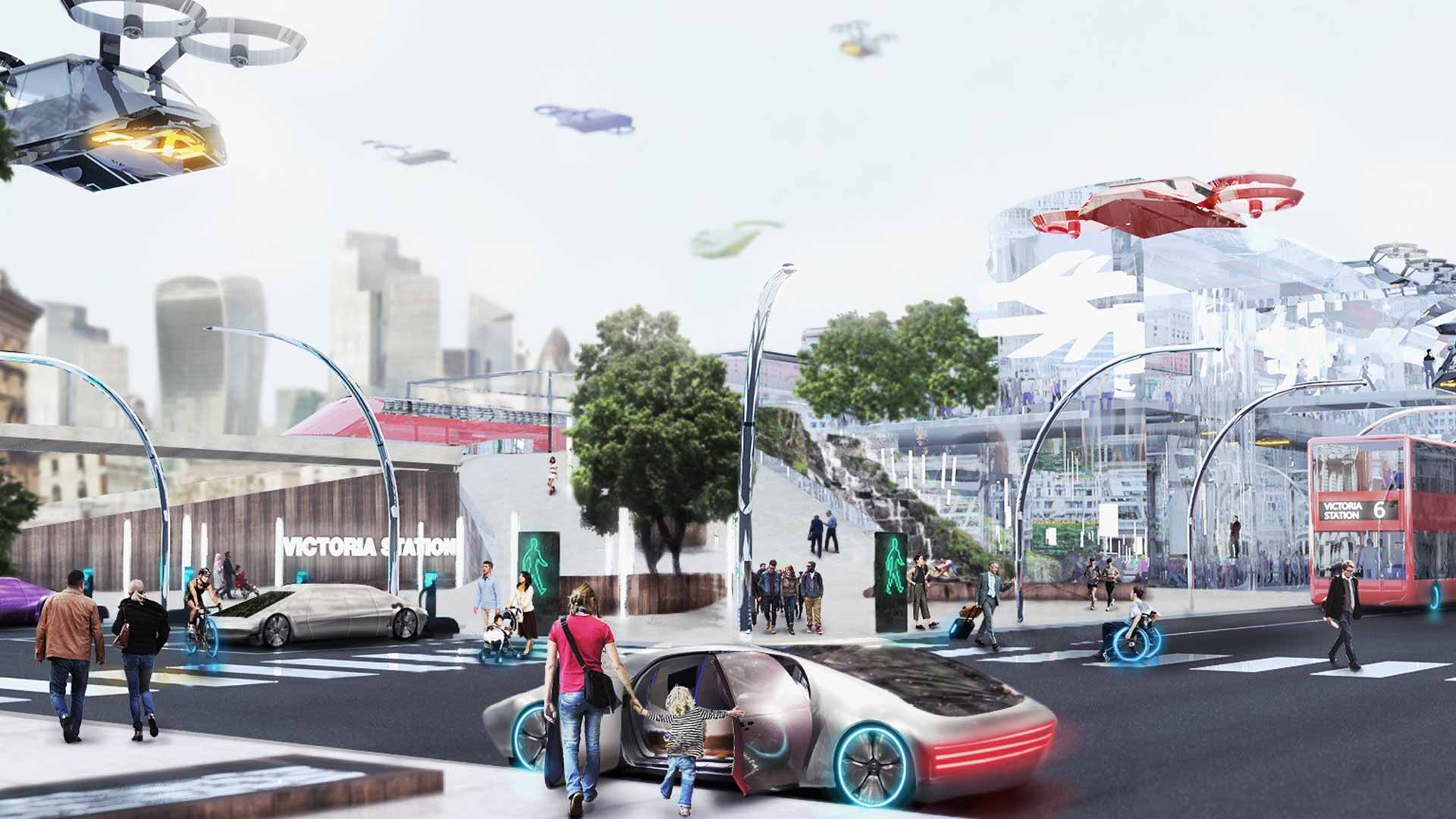UK Research and Innovation (UKRI), the UK’s research and innovation agency, has set out its vision for the future of air travel in Britain.
Compiled by experts from industry, academia and government, the Future Flight Vision and Roadmap sets out how zero emission air travel within and between British cities could be commonplace within a decade.
“Achieving accessible, safe, sustainable transport will be a key element in the fight against climate change. That’s why in the year of COP26, UKRI is setting out what it thinks air travel should look like in 2030,” said UKRI’s Future Flight Deputy Challenge Director Simon Masters. “Some of the concepts in this roadmap might seem a little further away than 2030, but the future is closer than you think. We’re already seeing some these ideas put into practice, with the UK’s first vertical takeoff airport months from opening and a hybrid air travel trial taking place in Scotland at this very moment.”
One of the key elements of the roadmap is the use of hydrogen or electrically powered aircraft to provide short journeys for up to 10 people, as well as the increased use of drones by emergency services and for delivering goods.
Also in the roadmap are sustainably powered small aircraft to provide short regional flights, providing transportation between towns and cities and serving more remote communities.
The publication of the roadmap comes as aviation company Ampaire launches a week of hybrid electric light aircraft flight trials. The company, who are part of the UKRI-funded Sustainable Aviation Test Environment (SATE) project, recently undertook a demonstration flight where one of their hybrid electric EEL aircrafts completed a 30-minute journey from Kirkwall in the Orkney Isles to Wick airport in the North of Scotland.
Over in Coventry as part of its 2021 City of Culture programme the Air-One project, led by Urban-Air Port and supported by Coventry City Council is working on setting up the world’s smallest airport. Specifically designed to support electric vertical take off and landing aircraft this pop-up airport can be deployed in days, in an area 60% smaller than a standard helipad and with minimal impact on the environment.
The UKRI agency notes that the world is shaping up for a third revolution in aviation, one that sees greener, more flexible ways to fly. The Future Flight Challenge is a £300 million programme designed to secure the UK’s position at the front of the revolution.

